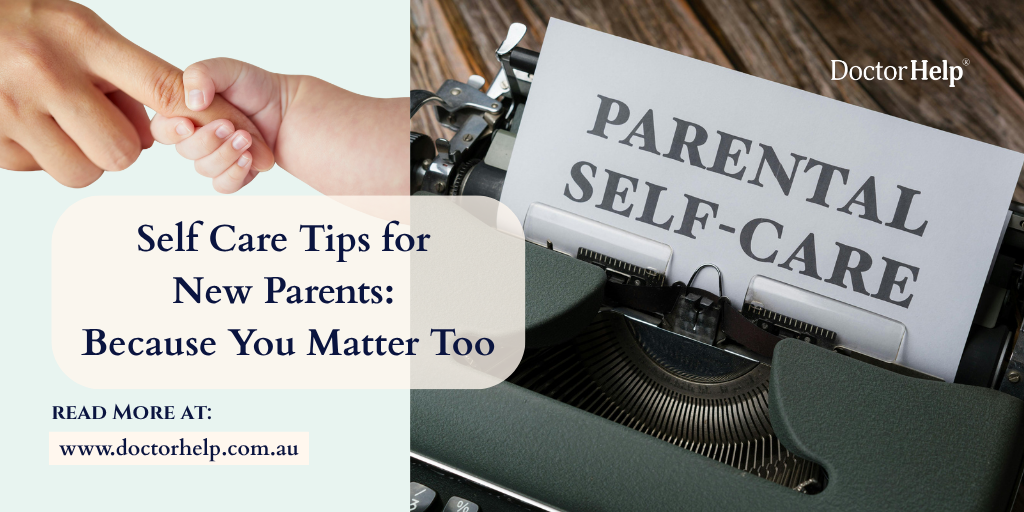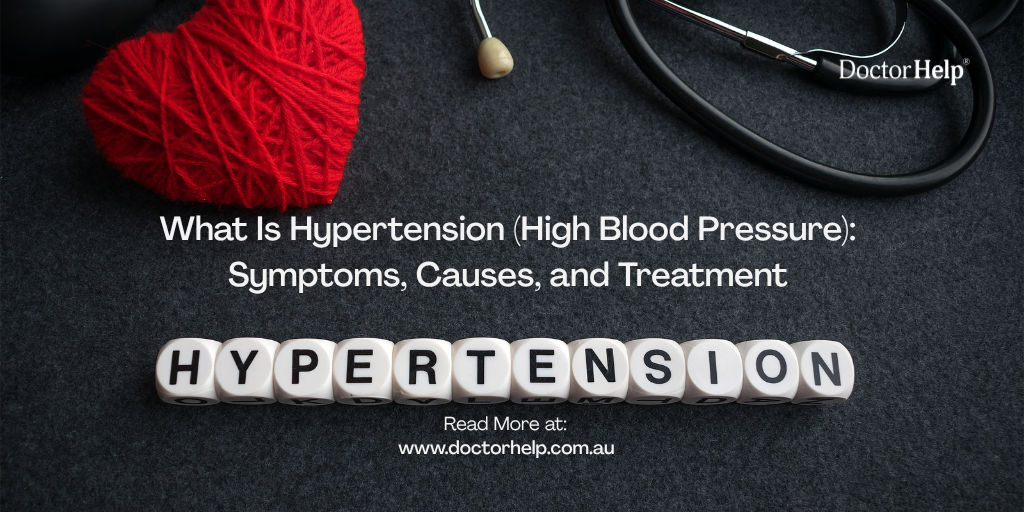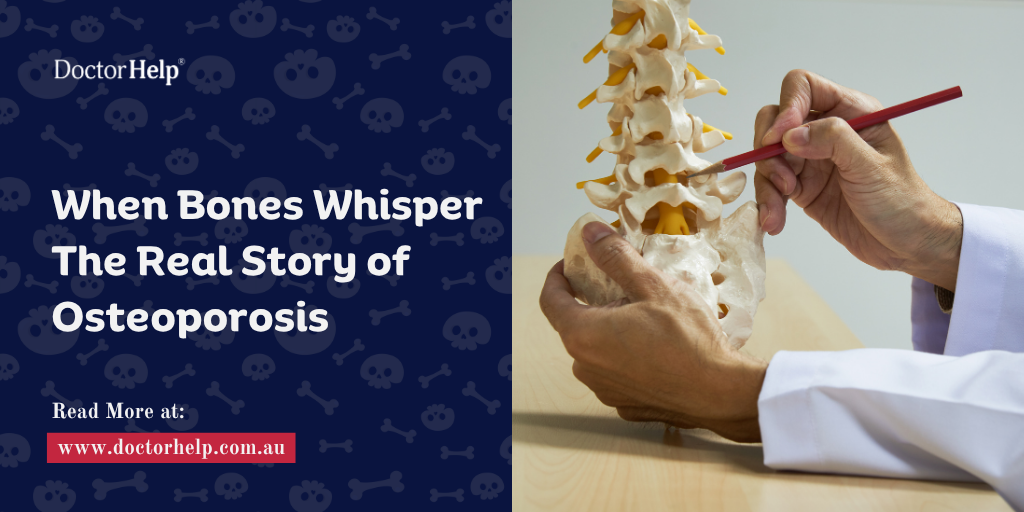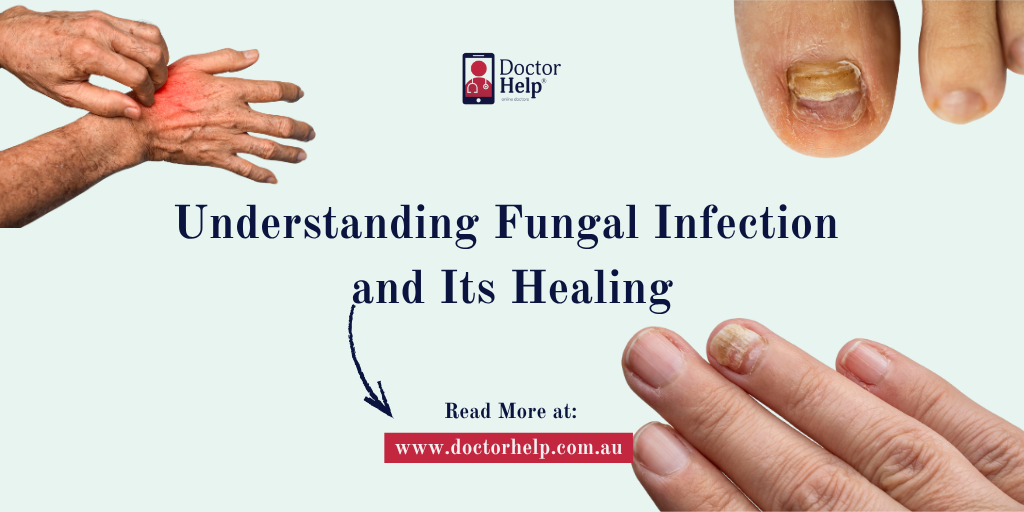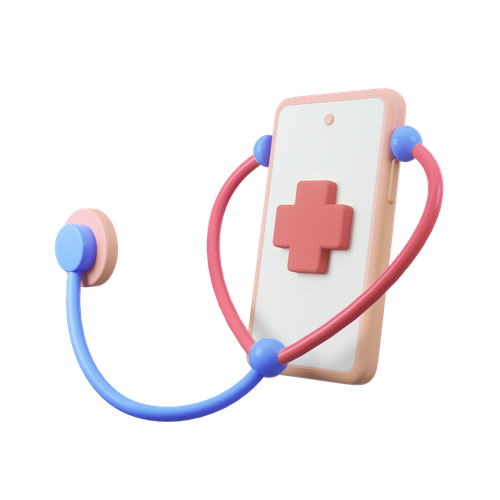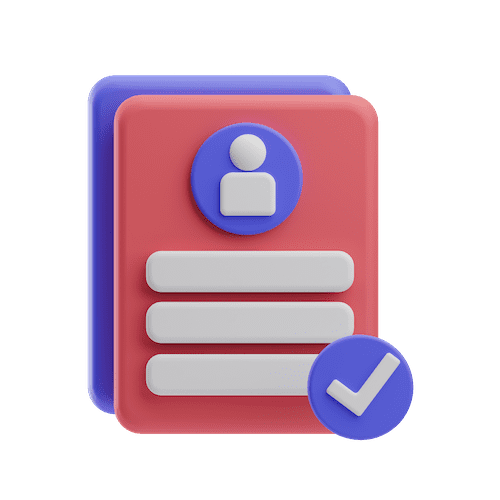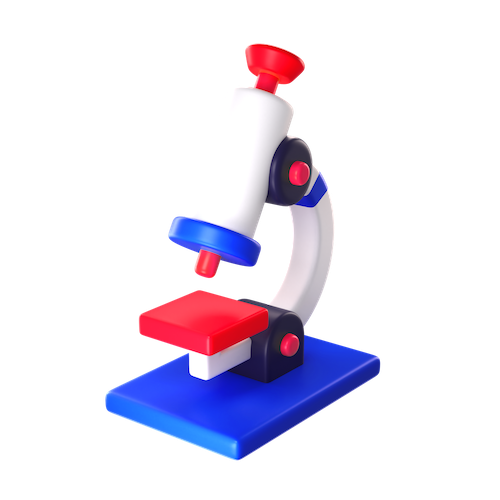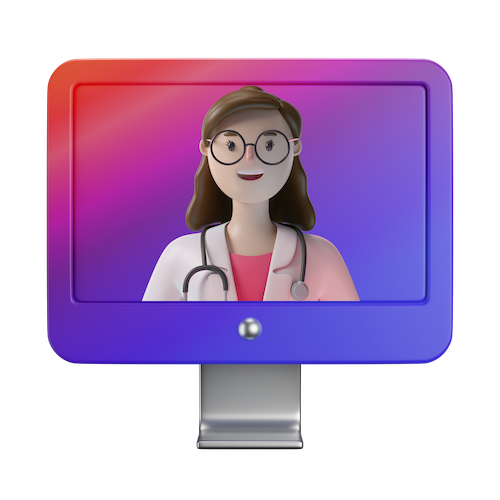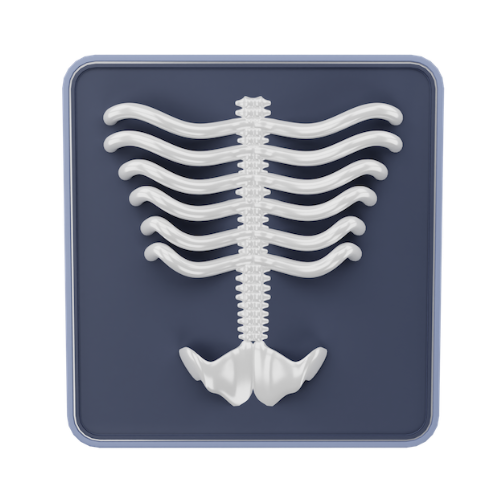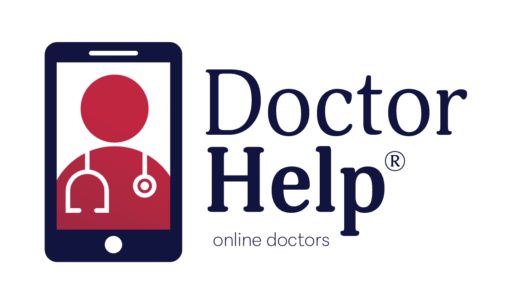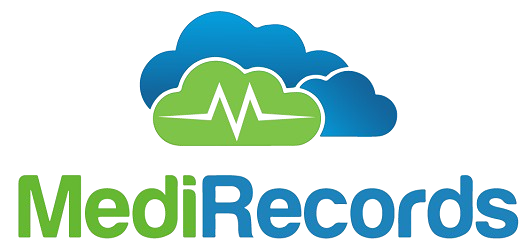Table of Contents
Bringing a newborn into your arms feels like touching pure magic. But between the feeding, diapers, midnight wakeups, and endless wonder, new parenting often places your own needs on the back burner. It’s too easy for self care to become a forgotten idea.
Bringing a newborn into your arms feels like touching pure magic. But between the feeding, diapers, midnight wakeups, and endless wonder, new parenting often places your own needs on the back burner. It’s too easy for self care to become a forgotten idea.
Below are meaningful, realistic strategies infused with empathy to help you navigate this tender season.
Why Self Care Matters Now
The journey from pregnancy to parenthood stretches your body, heart, and mind. Recovery from childbirth, whether vaginal or via caesarean, can take weeks, sometimes months. According to Pregnancy, Birth and Baby, physical adjustments like bleeding, cramping, and hormonal shifts are all part of that healing period.
Meanwhile, mental health struggles are not rare. Better Health notes that during the first year, around 17% of mothers and 10% of fathers experience postnatal depression; 20% of mums experience postnatal anxiety.
You deserve care while caring. Let’s talk about new parenting tips that nurture you as you nurture your newborn.
Self Care tips for New Parents
Following are some self-care tips for new mums and dads.
1. Rest When You Can
Sleep in chunks. Nap when your baby naps. While it’s far from ideal, fragmented sleep is real in early parenthood. Recover what you can. Better Health recommends adopting self care routines that include sufficient sleep/rest, healthy meals, and social connection.
2. Nourish Your Body
Your body just did something remarkable. Fuel it well. Prioritize wholesome meals with protein, fibre, and healthy fats. Keep hydrating if you’re breastfeeding. Skip processed snacks if you can and if you can’t, forgive yourself and do the best you can.
3. Gentle Movement
You won’t feel like jumping into HIIT right away. Begin with gentle walks, pelvic floor exercises, or stretching. Over time, movement can lift your mood, strengthen your body, and support your postpartum recovery.
4. Emotional Check-Ins
Let your heart speak. Journaling, quiet reflection, or simply naming what feels heavy can help you process this shift. If your thoughts turn dark or unrelenting, reach out. In Australia, PANDA (Perinatal Anxiety & Depression Australia) offers support through the first postpartum year.
5. Micro Self-Care Moments
Self care doesn’t have to mean long spa sessions (though those are lovely when possible). Fifteen deep breaths. A warm cup of tea while baby sleeps. Reading a page of a book. These small acts become anchors when life is unpredictable.
6. Connect with Others
Isolation amplifies stress. Share your feelings with your partner, friends, or other new parents. Join local mother groups or online communities. Sometimes just knowing someone else gets it can lighten the load.
7. Ask for Help
You don’t need to face this alone. Delegate household tasks, invite a friend over, or hire help. Asking for assistance doesn’t show weakness, it shows wisdom. It’s a cornerstone of workable self care.
Read: The Impact of Depleted Mother Syndrome: A Guide
Tips for New Mother Recovery & Wellbeing
Monitor your body: It’s normal to experience bleeding, cramps, or perineal discomfort. Use pads, rest, and gentle care.
Return to intimacy slowly: Only when you feel ready, emotionally and physically.
Breastfeeding or bottle feeding: Whatever path you take should feel empowering, not crushing.
Pelvic and core health: Consider seeing a women’s health physiotherapist to guide safe return to movement.
Mental health support: If you notice persistent sadness, loss of interest, severe anxiety, or suicidal thoughts, contact your GP or mental health services immediately. Postnatal depression is treatable, and help is available.
The early months aren’t perfect.They’re about healing, patience, and showing up gently for both you and your newborn.
Self Care Tips for New Mum (and Parent) in Action
Here are practical, flexible ways to weave self care into new parenting:
Block “You Time”: Schedule even 10 minutes of solo time daily. Treat it as non-negotiable.
Breathing and Mindfulness: Pause during feeds or diaper changes to breathe deeply. Use apps or simple grounding techniques.
Mini Rituals: A quiet cup of tea. A shower without interruption. A short walk. Rituals tell your soul you matter.
Sleep Boundaries: Let go of expectations. Getting rest is more important than checking off tasks.
Celebrate Small Wins: Did you shower? Eat something nourishing? Those count.
Limit Social Media: Scroll less, observe more of your internal state.
Touch, Massage, Warm Baths: Gentle physical care helps you feel held in your own body again.
Navigating Common Struggles
Guilt: It’s normal to feel guilty prioritising yourself. Remember, you can’t pour from an empty cup. Self care strengthens not just you, but your ability to care.
“I should do more” voice: Some days you’ll rest, some days you’ll sweat, and that’s okay. The you that shows up tomorrow is just as valuable.
Comparisons: Others’ feeds, homes, or wellness paths aren’t your map. The only path you need to follow is your own, one small step at a time.
Final note
You did not enroll to disappear into motherhood. You are worthy of love, attention and a beat that will help you as well as your baby grow. Self care is not luxurious, but rather a voice within the body and heart, which tells you that you matter as well.
Should this new chapter become a heavy burden and you require somebody to walk with, then you can book a consultation with us today. We will work together to identify self care techniques, emotional support and practical advice so that you can parent out of fullness rather than out of depletion.
You’re seen. You’re worthy. You deserve care, today and always.
References:
- Healthdirect Australia. (n.d.-b). Looking after your body after having a baby. Pregnancy Birth and Baby. https://www.pregnancybirthbaby.org.au/looking-after-your-body
- Department of Health & Human Services. (n.d.). Self-care and support for parents and caregivers of young children (14). Better Health Channel.
https://www.betterhealth.vic.gov.au/health/healthyliving/self-care-support-for-parents-caregiver-14 - Department of Health & Human Services. (n.d.-a). Postnatal depression (PND). Better Health Channel. https://www.betterhealth.vic.gov.au/health/healthyliving/postnatal-depression-pnd

